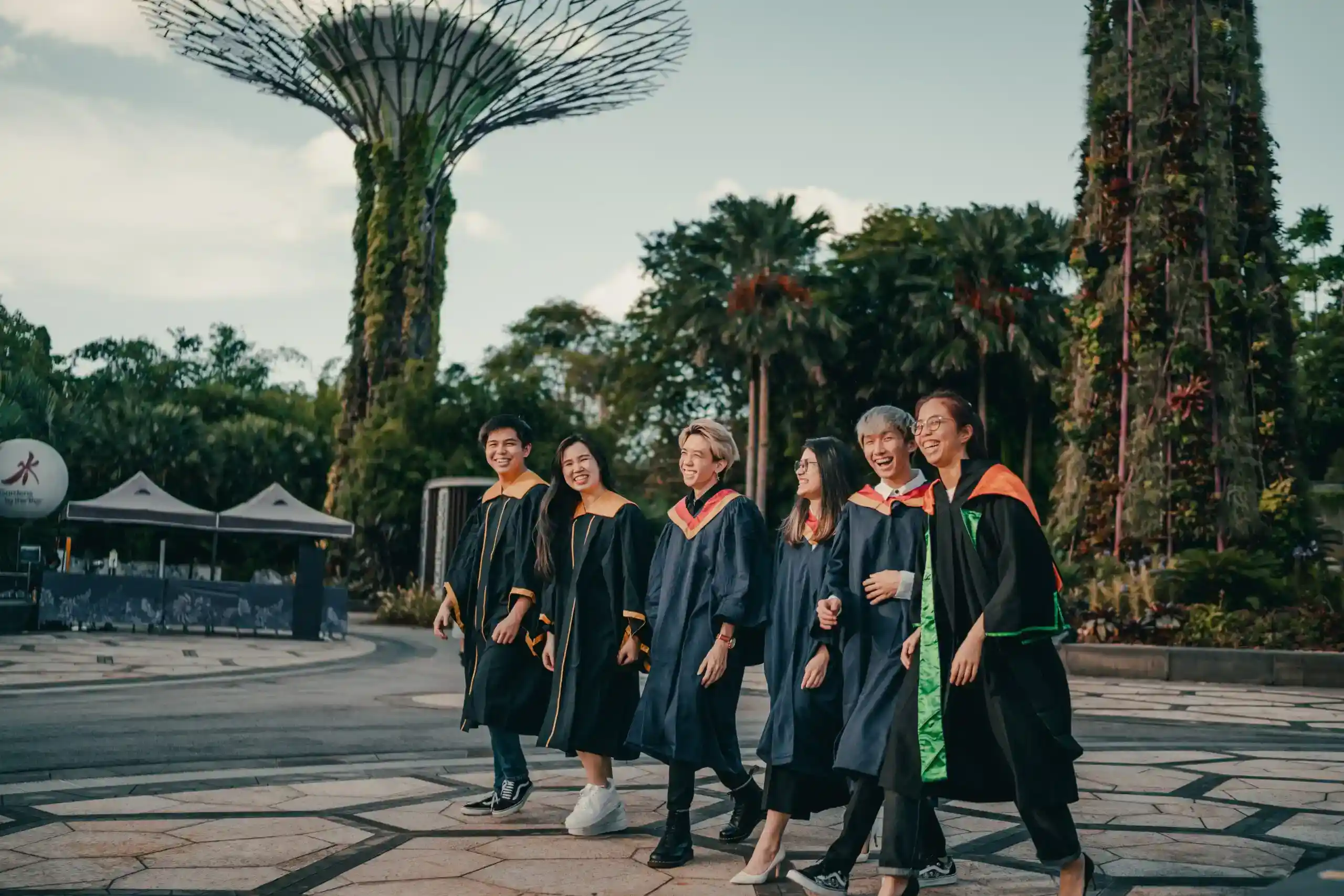Internationalization is a priority within all sectors of the Norwegian education system, and Universities and University Colleges are constantly working to facilitate international students. International students may apply for admission to a variety of undergraduate and graduate degree program. Higher education in Norway comprises a mix of both public and private universities. University Colleges are a unique concept; they concentrate mainly on providing undergraduate-level education in a range of more vocationally focused subjects. Bachelor’s degrees at Universities in Norway take three years to complete, Master’s degrees take two years and Ph.D. degrees a further three years. A unique proposition of Norwegian education is the One-tier Master’s degree which allows you to combine Bachelor’s and Master’s degrees in a single continuous program lasting five years – this is often offered for architecture, business management, engineering, dentistry, and law programs.

Widely known as the ‘Land of the midnight sun’, Norway is one of the three Scandinavian countries in the Northern part of Europe. The country has a population of just over 5 million and one of the lowest crime rates in the world. Norwegians enjoy vast open spaces and unique natural resources consisting of deep cliffs, rocks and vast oceans. Norway is heaven with regard to citizen welfare and has one of the highest standards of living in the world. It has been recognized as “the best country to live in” more than ten times by the United Nations Human Development Report. Norwegians are famous for their love for nature and for taking long walks to enjoy their impeccable countryside. As a student, you will get to experience unparalleled respect in this nurturing society.
In general, the application deadline for foreign students is between December 1 to March 15 for courses starting the following autumn in August. Please note that some institutions have separate pre-qualification deadlines that are earlier than this. Norway determines specific levels of education for applicants from different countries to allow entry into Norwegian higher education, including any requirements concerning proficiency in English called the GSU-list. These are minimum requirements determined by NOKUT – the Norwegian Agency for Quality Assurance in Education. Check your eligibility here.
Undergraduate studies: The general basic requirement for entry to Norwegian universities and university colleges is completion of secondary education at the advanced level. Some study programs have special admission requirements, usually relating to specialist subjects or fields of study from secondary school. Please check with the institution for information about these special qualifications.
Master’s programs: Admission requirements are decided by each University and University College based on an academic evaluation of the applicants.
Applicants for Master’s programs have normally obtained an undergraduate/Bachelor’s degree or the equivalent of at least 3 years duration. The degree must include courses equal to at least 1 1/2 years of full-time studies in a subject relevant to that of the program applied for.
If you are granted a study permit, you are automatically also granted permission to work part-time for up to 20 hours per week in addition to your studies, and full-time during holidays. However, this cannot be shown as subsistence for your living costs.
All students who plan to stay in Norway for more than three months will need a student residence permit. Visas are only issued for stays up to 90 days. Please visit the Norway Portal to locate the Norwegian embassy or consulate general nearest you to apply for a student residence permit.
When you apply for a student residence permit you must submit the following documents:
The letter of acceptance from the institution must contain the following information:
The course/program must be full-time and approved for financial support from the Norwegian State Educational Loan Fund. This also applies for students who have financing from other sources and do not intend to seek support from the Loan Fund.
A filled-out form stating the progress of your studies.
[download form here]
Approved documentation includes a lease copy for a house, an apartment, or a room issued by a private person or company. Apartments/rooms provided by the institution’s own Student Housing organization must also be documented with a lease copy.
The Loan from the Norwegian State Educational Loan Fund or deposits in a Norwegian bank
Subsistence is ensured at NOK 103 950,- for the school year 2016/2017. If you plan to attend an institution/program/course that has tuition fees, you must also document that you can finance this extra cost.
As a general rule, the Norwegian Directorate of Immigration requires the money to be deposited in a Norwegian bank account, and this account must be in the applicant’s name. Generally, financial guarantees from a third person are not accepted, whether this person is a resident of Norway or another country. In special cases financial guarantees from an applicant’s parents may be accepted if they are Norwegian residents.
© 2025 AEC. All Rights Reserved